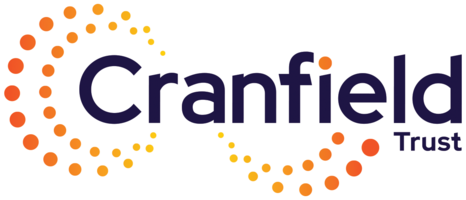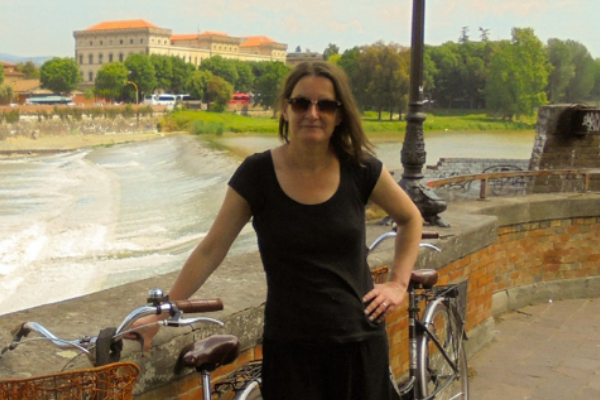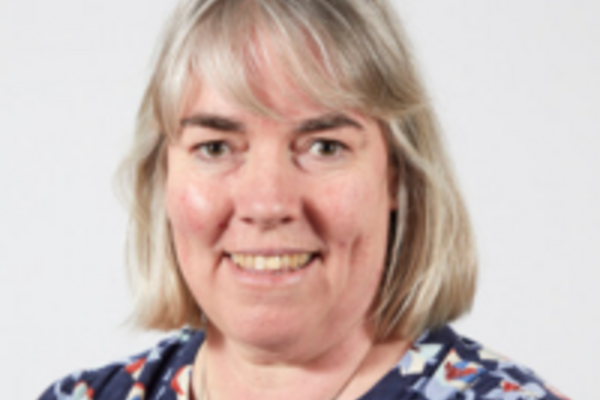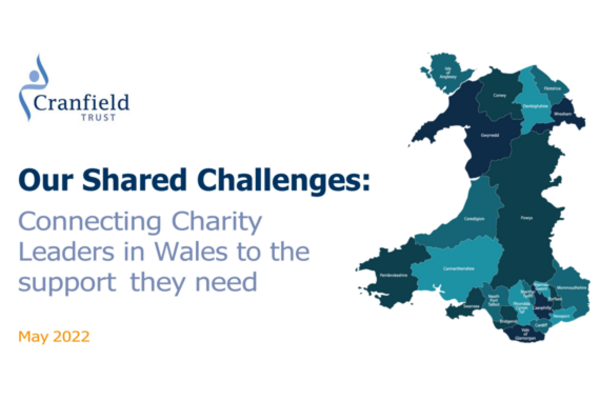As part of our 30th anniversary '30 Voices' campaign, Development Officer North of Music in Hospitals, Alison Forbes, shares her experience of working with Cranfield Trust.
After speaking with our Cranfield Trust volunteer its was clear that writing up a business plan would enable us to identify gaps in delivery and explore ways of targeting specific geographic and thematic areas. It was clear that we needed to increase our work with children and working age adults (as well as rural areas) and the business plan enabled us to focus on developing our work with these groups in a strategic way. Developing the business plan brought about a shift in strategy which involved really listening to our ‘customers’. This resulted in the launch of a very successful Lullaby Hour project (at the Children’s Heart Unit, Freeman Hospital) which has now won a national Innovation Award (Scottish Power Foundation) and a grant to roll the project out across the UK. Lullaby Hour is now taking place in several major neonatal hospitals, and feedback tells us that the lullabies help mums and babies to bond, often in difficult circumstances.
The main benefits of working with Cranfield Trust is the application of business tools and learning to charities, which is invaluable. I think many charities have a deficit of business acumen. A simple reframing of ‘beneficiaries’ to ‘customers’ and ‘services’ to ‘products’ enabled a more ‘customer’ driven approach which has resulted in some excellent projects taking place, which are exactly what our ‘customers’ want. We know this because they have told us. The experience has enabled me to start to change the model from “This is what we do, we hope you enjoy it” to “What do our customers want? What will benefit them the most?”
Our main learning point was that businesses and charities are not dissimilar, and that charities can apply business principles for the greater good in the same way that businesses apply them for profit.
The North Office was able to apply business planning and strategic thinking to its delivery and purpose, primarily in regards to filling gaps in delivery and to listening more to our ‘customers’. Dr Janette Young has also continued to mentor me and has joined our North East committee, giving us a fresh perspective on our local delivery.
I recommended Cranfield Trust to our North England Director, Jess Ingham, because I felt that she would benefit as much as I did from developing a business plan that would give strategic structure to our mission statement. Jess worked with a mentor to develop business planning for the whole of the North and reported to me that she found it a challenging, but incredibly useful exercise that gave structure and framework to her planning, and ultimately made both of our workloads less overwhelming.
Charities are – rightly so – focussed on helping their beneficiaries and much of their work involves fundraising. Many charities approach this almost apologetically. For me, developing the business plan and thinking about our ‘customers’ and what they want or need, created a subtle shift in thinking. My approach to funders is now more like a business proposal whereby we have a product that helps funders/ investors to reach and benefit the people they want to help, and so both charity and funder are helping each other to realise their aligned charitable visions. It matters because charity fundraisers need all the tools they can get, and a deeper knowledge of the business world can only help in approaching funders as well as potential corporate sponsors.








